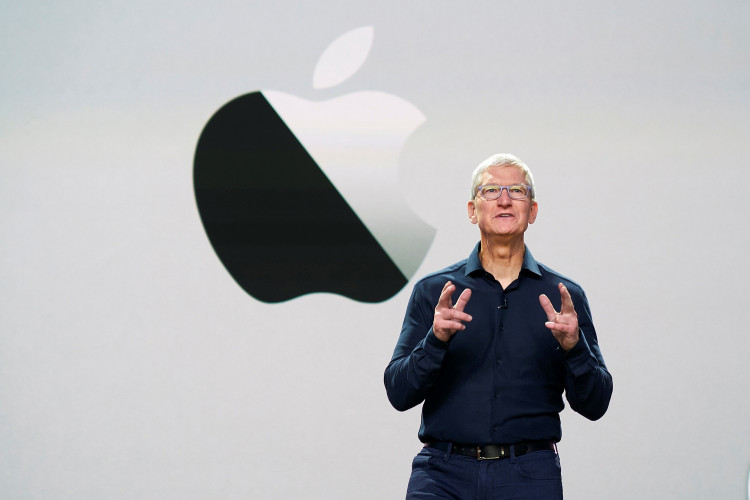Apple's Worldwide Developers Conference on Monday unveiled a smattering of goodies in spite of the odds. Among them was the new OS for its Apple Watch, the WatchOS 7. The annual event, for the very first time, was held via a livestreamed event to follow social distancing guidelines brought on by the coronavirus pandemic.
The newly updated Apple Watch doesn't have a watch face store, but the new operating system allows the ability to share watch faces and complications. If a watch face that's shared has apps that you lack, you can download them with ease. You can also share a face you've created on social media or with a contact.
WatchOS 7 brings the highly requested sleep tracking features, including a Wind Down mode so users are encouraged to go to bed as scheduled. Upon waking up, users get to see data about their sleep, including periods of wake and sleep. There's also a chart that shows users' sleeping trends.
WatchOS 7 also allows for the assistance of Siri. The voice assistant is now able to translate several languages -- handy for bi- or multi-lingual Apple Watch users.
When it comes to health and fitness, WatchOS7 has a Workout app in which users can choose from among four new workouts: functional strength training, dance, core training, and cool down. In place of the Activity app is the Fitness app, which will show users their trends, workouts, and activity history via the Summary tab.
And to encourage Apple Watch users to observe good hygiene, WatchOS 7 will use machine learning so it can detect whether users wash their hands less than the 20-second recommended wash time.
On Monday's event, Apple CEO Tim Cook's keynote started with him addressing his virtual audience about the Black Lives Matter movement and the COVID-19 pandemic. The speech then proceeded into the reveal of iOS 14 and its new widgets and home-screen makeover.
Aside from WatchOS and iOS updates, Cook also discussed MacOS Big Sur, iPadOS 14, and TV OS. New features will arrive late 2020, but there will be public betas in July.
Perhaps the biggest news of the night is Apple's shift to ARM-based chips, breaking up its long partnership with Intel. The Apple Silicon is expected to deliver lower power consumption and better performance. New systems will arrive by the end of this year, with its novel processors rolling out across Mac devices over the next two years.






